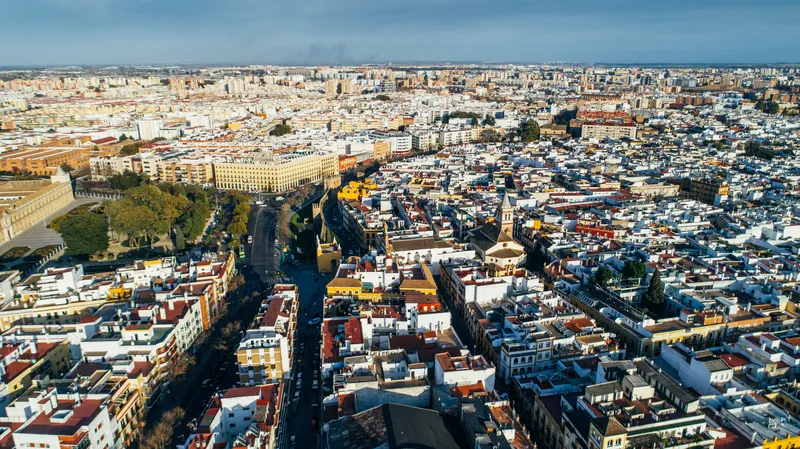The launch edition of Intertraffic Mexico, the latest addition to the global portfolio of Intertraffic events, attracted a total of 4,137 attendees from 45 countries across the globe, including 19 from the Americas, exceeding the organisers’ expectations.
National and international companies offered solutions to the significant traffic challenges Mexico is facing. Three busy show days during 16 to 18 November, complemented by a dedicated conference programme provides an interesting first Intertraffic Mex
December 6, 2016
Read time: 2 mins
The launch edition of 70 Intertraffic Mexico, the latest addition to the global portfolio of Intertraffic events, attracted a total of 4,137 attendees from 45 countries across the globe, including 19 from the Americas, exceeding the organisers’ expectations.
National and international companies offered solutions to the significant traffic challenges Mexico is facing. Three busy show days during 16 to 18 November, complemented by a dedicated conference programme provides an interesting first Intertraffic Mexico.
The dedicated conference program included 48 presentations given by local and international experts. During her presentation, Laura Ballesteros, deputy secretary of Planning for Mexico City’s Ministry of Mobility, said that Intertraffic’s importance lies in that it “brings together all the actors that are making changes in cities, in a diverse and impartial way, and at the same time providing a space to discuss all the issues we are working on. The private sector, civil society and government need to work together to solve mobility issues, and this is the right time of year to do it.”
Intertraffic Mexico will return to Mexico City each year; the next exhibition is planned for 15-17 November 2017. The next event allows for 20 per cent expansion and 80 per cent of available space has already been rebooked.
National and international companies offered solutions to the significant traffic challenges Mexico is facing. Three busy show days during 16 to 18 November, complemented by a dedicated conference programme provides an interesting first Intertraffic Mexico.
The dedicated conference program included 48 presentations given by local and international experts. During her presentation, Laura Ballesteros, deputy secretary of Planning for Mexico City’s Ministry of Mobility, said that Intertraffic’s importance lies in that it “brings together all the actors that are making changes in cities, in a diverse and impartial way, and at the same time providing a space to discuss all the issues we are working on. The private sector, civil society and government need to work together to solve mobility issues, and this is the right time of year to do it.”
Intertraffic Mexico will return to Mexico City each year; the next exhibition is planned for 15-17 November 2017. The next event allows for 20 per cent expansion and 80 per cent of available space has already been rebooked.







